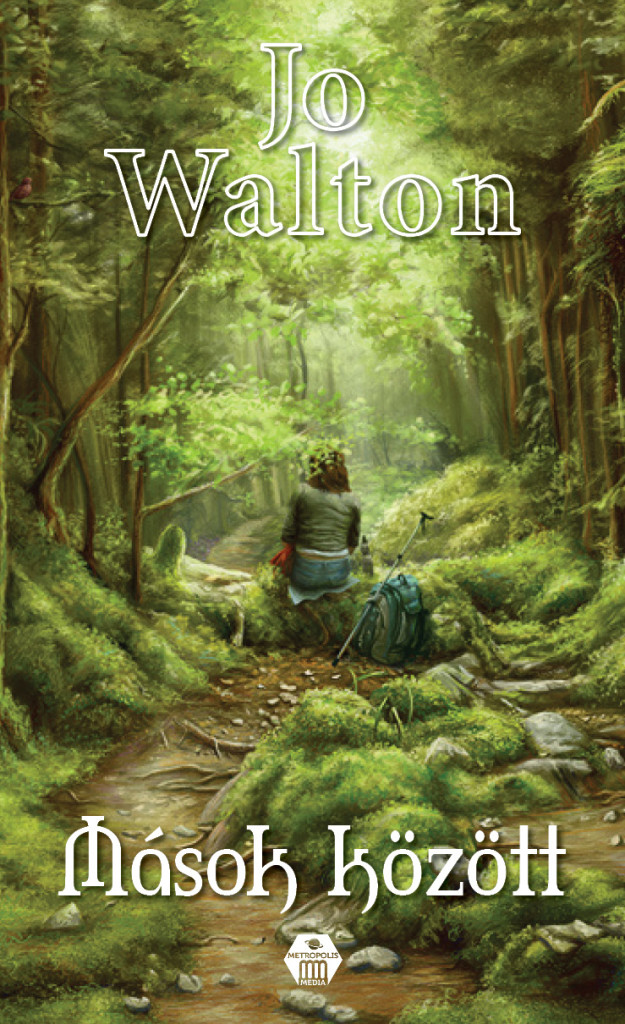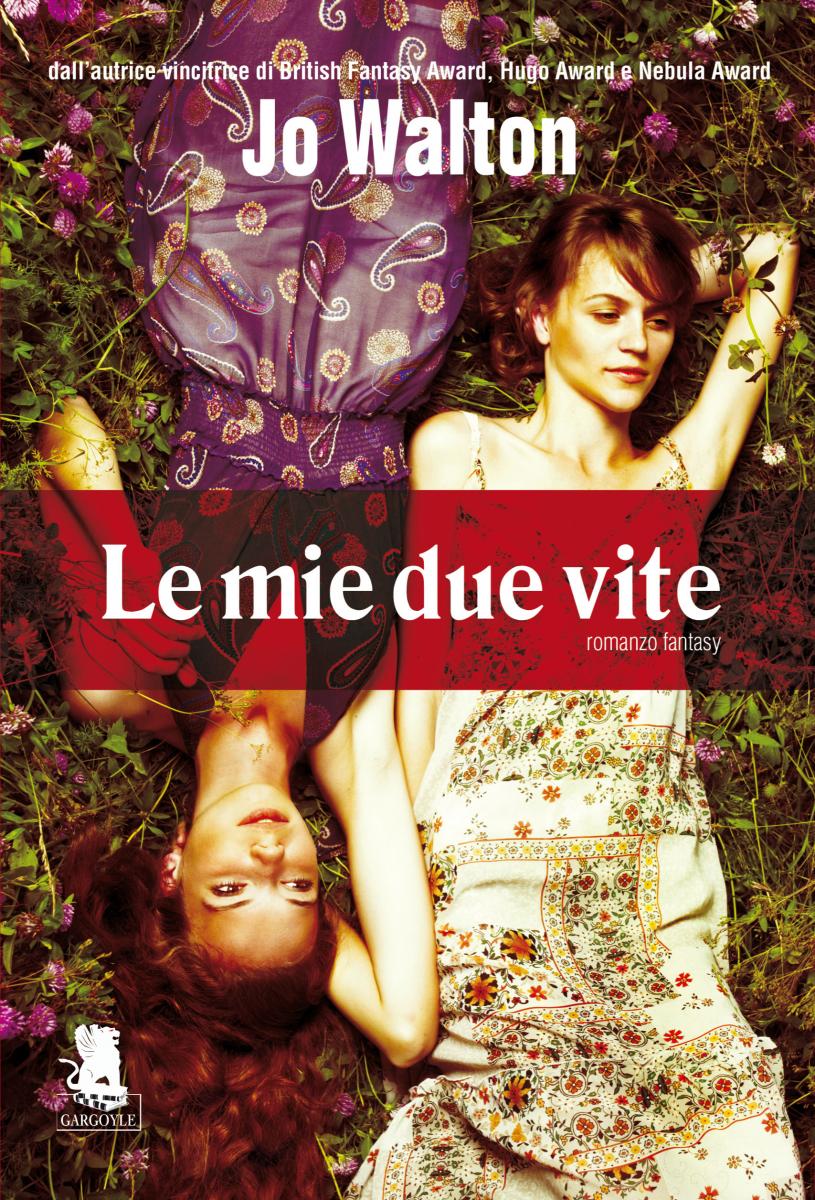Five hundred and ninety years before I was born, Petrarch died in the middle of writing me a letter.
What do you mean it wasn’t to me? It totally was. It was addressed to “Posterity”, and if I’m not his posterity then I don’t know who is.
Petrarch was warm and friendly and playful and he cared about people and he loved books and the ancient world, and he wanted to live in any age but his own, and to make his own age better and different. And he succeeded in fascinating ways that he couldn’t see in making it better and different. He fell in love with Laura and wrote a bunch of very clever poems to her, but his real relationships were his passionate (but neither sexual nor romantic) friendships with other scholars.
In this volume there are adorable letters to Boccaccio, and there are sad letters about being old and ill (and how awful doctors were, and it was 1370, so actually he wasn’t wrong) and lovely letters in response to fan letters from young admirers, and charming letters to patrons, and grumpy letters to the pope (he wasn’t about to go to Avignon again at his age!) and you don’t want to start here. Start with book 1 of his Familiar Letters and read them all slowly, and when you get here you’ll cry too, because he’s been dead since 1374, and it’s not that you didn’t know that before you started reading, it’s just that by then you’ll be his posterity too. I could do with some company here, actually, mourning Petrarch. Appreciating Petrarch. (I’ve written a ton of poetry about him. It’s on my webpage.)
I began to read these letters because Steven Greenblatt mentioned (in The Swerve), in an offhand and slightly patronizing way, as if it was weird and charming but also childish and eccentric, that Petrarch had written letters to Cicero, in response to reading Cicero’s letters. And my immediate response was a deep feeling of kinship with Petrarch because as a teenager I had done the same thing. In Latin. Of course in Latin. And yes, I knew Cicero was dead, and so did Petrarch, but Petrarch and I know something about time and death and art that Greenblatt doesn’t, quite. I did not triage the Petrarch letters and find the Cicero one, I started at the beginning and read all of them over the course of two years, and I am so glad I did.
Thank you Aldo S Bernardo for translating them, thank you Italica Press for putting them out in relatively affordable e-book editions, thank you Steven Greenblatt for getting me interested in the first place, and thank you Petrarch for starting the Renaissance and saving the world.
Posterity remembers, cares, is deeply grateful, and loves you ridiculously much. I don’t know what you’d think of me as a woman with a classics degree and a poet, because that was too much out of your imagination of the world. But neither of us is what Cicero was expecting either. You have to take what posterity you get.



